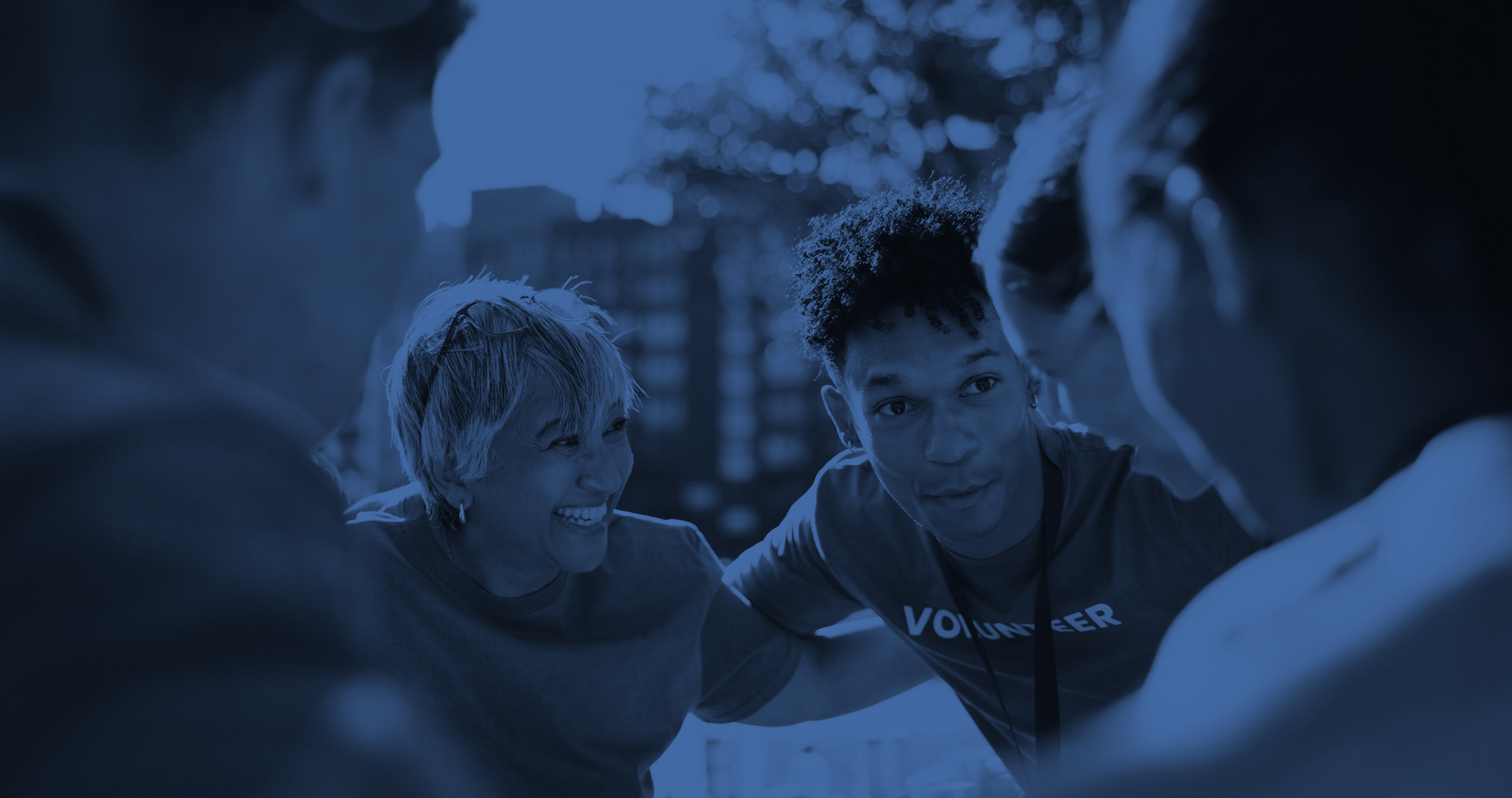
ANNUAL CONVENING 2023
In October 2023, we hosted a convening where DPI organizing, funding, and research partners shared latest learnings and strategized together around how to use our latest findings to support powerful organizing and civic engagement programs across the country in the lead up to 2024!

This opening panel explored the challenges of the current political paradigm, where politics is extractive, transactional, and driven by political operatives in NY or DC, how that political “common sense” undermines multiracial democratic practice, and what we can do together to create and realize a new paradigm where the political system builds power in Black, Latino, AAPI, and Native communities that they can use collectively to win change.

For over three years the DPI Organizing Lab has studied the work that base-building organizing groups undertake to build the power they need to achieve policy, electoral, and ideological impact. On this panel, leading practitioners and funders discussed what we have learned so far and what it will take to shift our sector to a clearer focus on building power.

DPI Organizing Lab groups have learned that collecting data on event participation by members is the best way to document their day-to-day powerbuilding work. In this session, we shared learning on what it takes to set up a system to collect the right data, how to secure the buy-in of organizers, and what types of analyses support learning from this data to improve your base-building program over time.
In these workshops organizers and researchers shared what they have learned about measuring power and creating opportunities for participants to wrestle with the implications for their programs in Michigan, Ohio, and California in 2024.
Join Joy Cushman to walk through the power network and landscape analyses she and Liz McKenna designed with Organizing Lab groups to help them see how power is operating in their state. In this session, we will demonstrate how organizations can replicate this analysis and discuss the questions that such an analysis can help surface to strengthen an organization’s strategic capacity.

This workshop will share learnings on how to use social media and other tools to identify external indicators of influence and stronger power relationships.

Together, we will make sense of our learning from Day One and tee up the key themes and questions for tomorrow.


We all know that organized, collective action is a critical strategy for winning change. And we have learned that perceptions of power are critical building blocks for political action. But what are the factors that help members join and stay connected to base-building organizations and see those organizations as “political homes” that operate as containers for building power for collective action? This panel discussed the role that narrative, agency and belonging play in the work to build and sustain powerful political movements and how those insights can translate into impact.
For too long, the traditional political industry has seen Black, Latinx, AAPI, and Native people as political objects rather than political agents. This translates into a lack of curiosity about the values and political identities that make up these diverse and complex communities. In these breakout workshops, we shared recent DPI research and learning that explores the core values and interests that drive civic engagement in communities of color.
Leaders from the Ohio Organizing Collaborative and HIT Strategies will share the findings from their summer values cluster work with Black voters in Ohio. They will outline how they are currently engaging two of those clusters in this fall’s organizing and electoral work and explore lessons from that work for 2024 and beyond!
Multiple research projects have shown that to be effective at increasing voter engagement and collective action, organizing programs need to reach Black and Latino voters authentically and regularly to connect and promote a sense of community and to share policy updates and help voters realize the impact of government action. This session will explore how organizations can shape their year-round canvassing programs to maximize their building belonging and power.
Our broader political industry is primed to meet White, higher income, and frequent voters where they are and ease their participation in all elections. However, those voters account for less than half of the electorate in any given election. In this session, and the breakouts that follow, we focused on learning from researchers and organizers about how to find, engage, and organize high opportunity voters who are often otherwise ignored by candidates and campaigns.
In the last several years, a number of new states have enacted same-day registration. However, new research from DPI, Harvard, and the Analyst Institute shows that in places where the program is newly available, not many people are using it. This session was about strategies to maximize the adoption of SDR, particularly with young people and people of color.
State voter files provide the backbone of voter mobilization programs. However, 40% of Black and Latino eligible voters do not show up accurately on the file. This workshop was about current strategies being used by state-based organizers and data managers to supplement the voter file with census and other public data to make sure all eligible voters are included in outreach.
Art in many forms has been a critical part of sustaining American movements for centuries. How are current organizers incorporating art and artists into their power-building efforts? What impact does this have on their campaigns and on the artists and members involved?













.png)
















